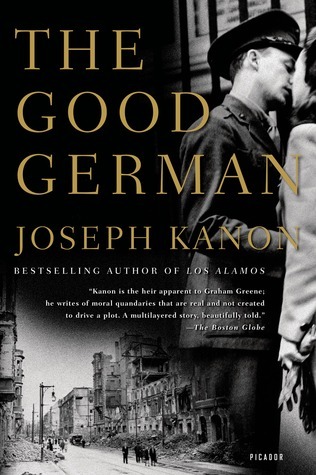What do you think?
Rate this book


When Jake stumbles on a murder -- an American soldier washes up on the conference grounds -- he thinks he has found the key that will unlock his Berlin story. What Jake finds instead is a larger story of corruption and intrigue reaching deep into the heart of the occupation. Berlin in July 1945 is like nowhere else -- a tragedy, and a feverish party after the end of the world.
As Jake searches the ruins for Lena, he discovers that years of war have led to unimaginable displacement and degradation. As he hunts for the soldier's killer, he learns that Berlin has become a city of secrets, a lunar landscape that seethes with social and political tension. When the two searches become entangled, Jake comes to understand that the American Military Government is already fighting a new enemy in the east, busily identifying the "good Germans" who can help win the next war. And hanging over everything is the larger crime, a crime so huge that it seems -- the worst irony -- beyond punishment.
At once a murder mystery, a moving love story, and a riveting portrait of a unique time and place, The Good German is a historical thriller of the first rank.
482 pages, Paperback
First published September 30, 2001